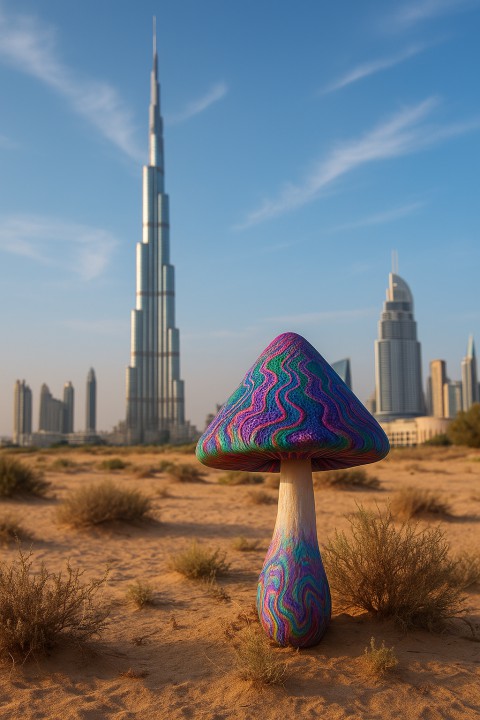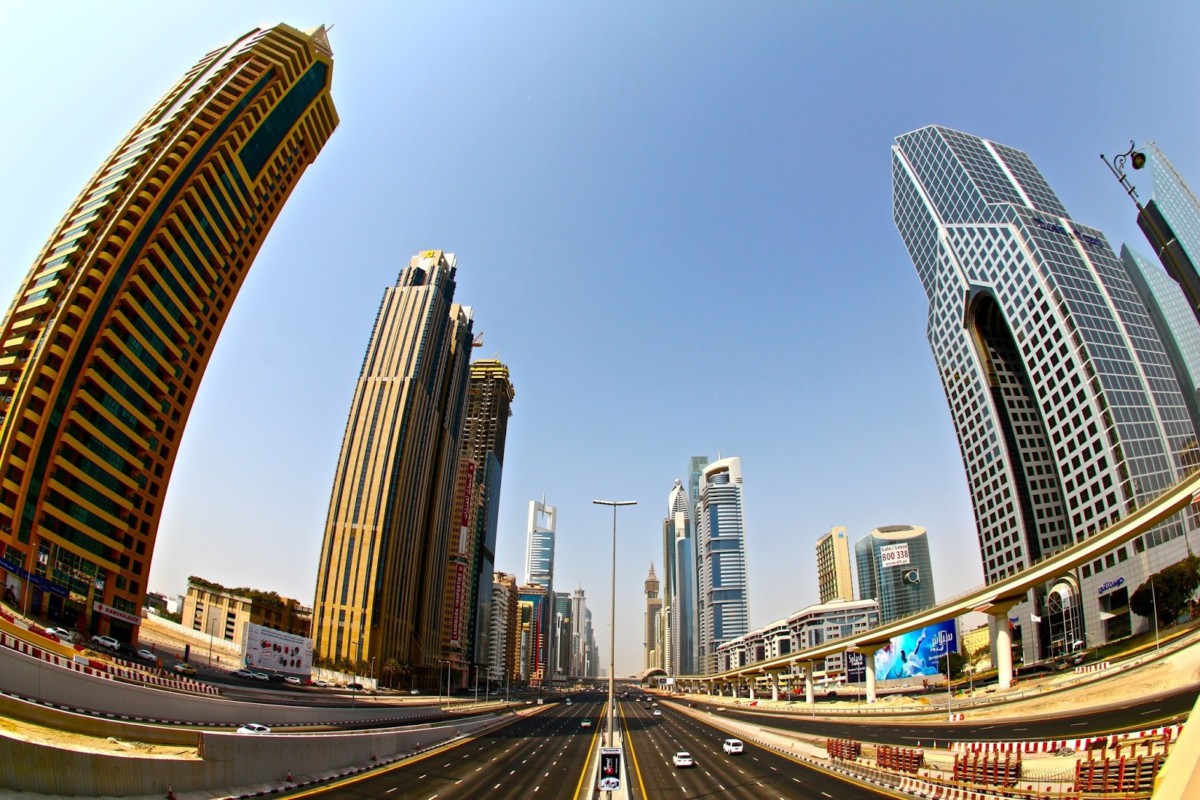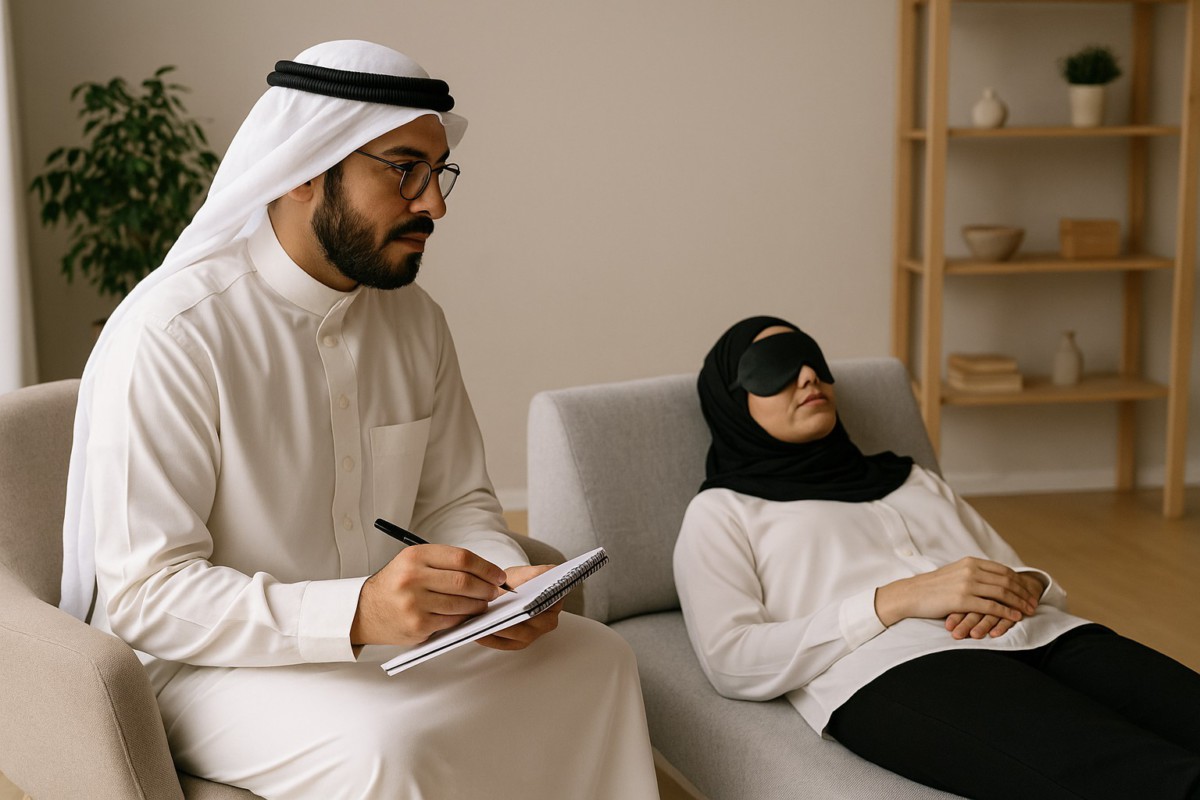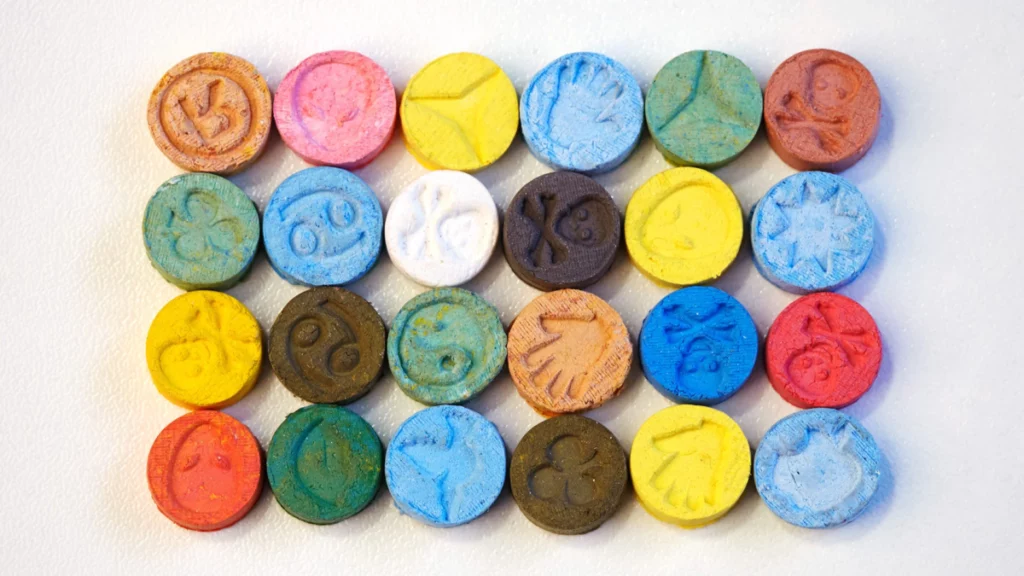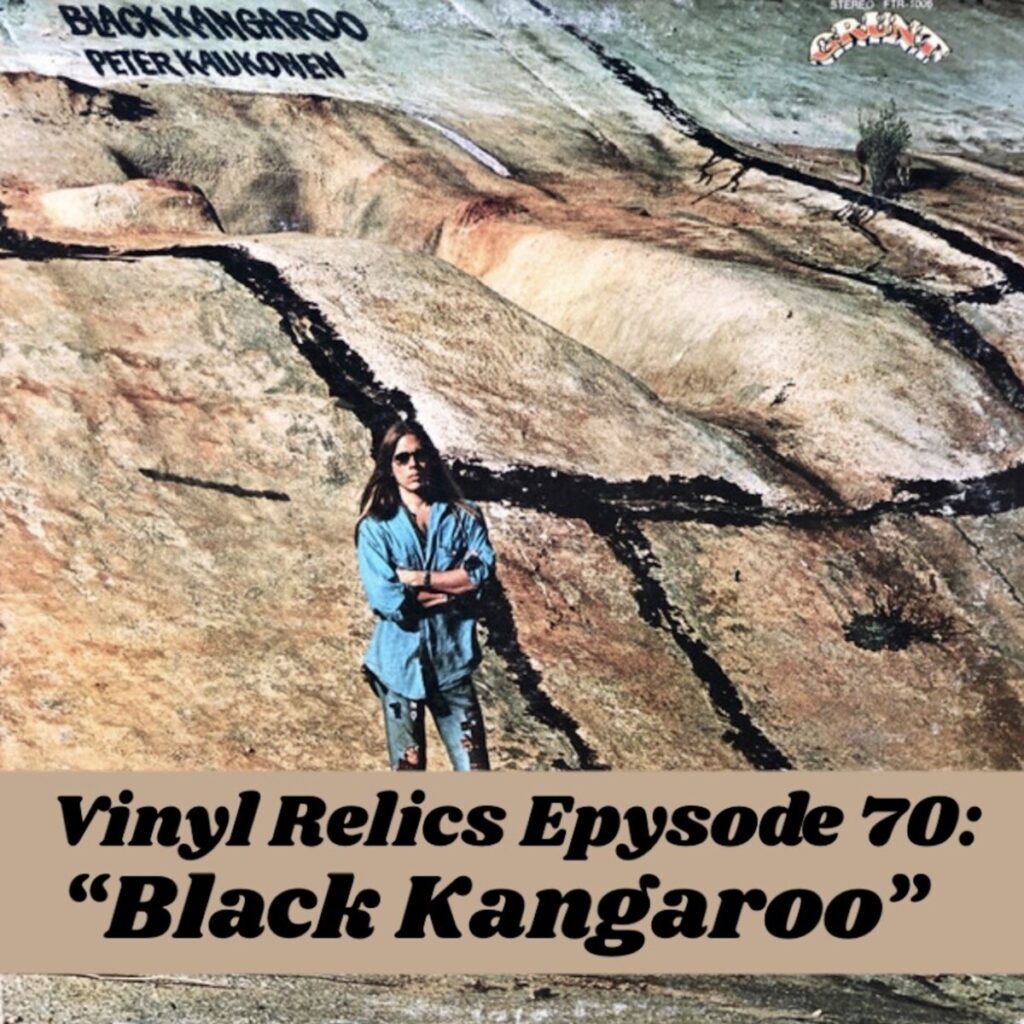An Arab Nation’s Psychedelic Awakening
An Arab Nation’s Psychedelic Awakening
Converging Culture, Science, and Mental Health in the UAE
The United Arab Emirates (UAE), ever the maestro of blending audacity with tradition, is now setting its gaze on a frontier few in the Middle East dared to explore: the therapeutic potential of psychedelics. In a region where ancient customs and futuristic ambitions waltz in a delicate balance, this move signals something greater than a policy shift. It whispers of a cultural evolution unfolding through the disciplined lens of scientific exploration. By embracing the possibilities of psychedelic-assisted therapies, the UAE positions itself not only as a pioneer in the Middle East’s mental health renaissance but as a global thought leader, unafraid to challenge long-held taboos with the precision of research and the finesse of cultural diplomacy.
Perhaps no words capture this spirit of daring transformation more aptly than those of His Highness Sheikh Mohammed bin Rashid Al Maktoum, who is famously quoted saying, “We in the U.A.E. have no such word as ‘impossible’; it does not exist in our lexicon. Such a word is used by the lazy and the weak, who fear challenges and progress.”
It is within this ethos that the UAE’s exploration of psychedelics takes root, not in defiance of tradition, but rather as a natural extension of its relentless drive to push boundaries and reimagine what’s possible.
Behind this bold exploration stands the visionary coalition of Tabula Rasa Ventures and the Energia Foundation, organizations now etched into the Gulf’s emerging psychedelic narrative. Together, they are spearheading a movement to educate, advocate, and advance psychedelic-assisted mental health treatments. Their approach has been strategic and culturally astute: engaging policymakers, healthcare leaders, and investors in dialogues that weave scientific rigor with regional sensitivities. Their efforts have already captured the attention of key institutions like the Department of Health and SEHA, the UAE’s largest healthcare network.
Conferences such as Dialogues in Mental Health (June 2023) and the Abu Dhabi Integrated Mental Health Conference (January 2024) did more than raise eyebrows; they formally introduced psychedelic therapies into the UAE’s healthcare conversations. These discussions have since found alignment with the country’s National Strategy for Wellbeing 2031, which seeks to redefine well-being as a holistic pursuit encompassing mental health, resilience, and quality of life.
One might assume that psychedelics and the UAE’s traditionally conservative societal fabric make for an unlikely pairing. But remember, this is the same nation that built man-made islands in the shape of palm trees, erected the world’s tallest building (the Burj Khalifa), carved ski slopes into desert malls, and even sent a rover to the Moon. Now, in a paradox both startling and fitting, the UAE is extending its pioneering spirit inward by actively exploring the potential of psychedelic-assisted therapies like psilocybin, while not yet in clinical trials, it is not farfetched to assume this is on the horizon of serious national discourse and healthcare planning.
In the UAE, tradition is not a barrier to innovation and modernization; rather it is the canvas upon which new paradigms can be delicately painted. Mental health remains a nuanced topic across the Middle East, often steeped in stigma and silence. By introducing psychedelics into regulated medical discourse, the UAE is cracking open tightly sealed cultural doors to long-suppressed conversations about trauma, depression, and anxiety. This is no small feat in a region where honor, family privacy, and stoic perseverance remain the cornerstones of identity.
While the UAE leads this psychedelic tango, the music slowly drifts across the Middle East, stirring curiosity, caution, and the occasional eyebrow. From Riyadh to Doha, neighbors are watching, wondering whether to join the dance or stay rooted in familiar steps. The UAE’s unapologetic stride into this uncharted territory is a regional provocation, once again, they are daring others to rethink what’s possible. By embracing psychedelic research, the UAE is composing a new narrative, one that positions it as a bold thought leader in next-generation healthcare innovation.
The global landscape presents cautionary tales. In August 2024, the U.S. Food and Drug Administration (FDA) declined to approve MDMA-assisted therapy for PTSD, citing concerns over data integrity, trial design flaws, and ethical lapses in the submitted research. Several key studies were retracted, casting shadows over the psychedelic therapy space globally. This decision has prompted countries like the UAE to approach the exploration of psychedelic-assisted treatments with cautious optimism, emphasizing the need for rigorous research and culturally sensitive implementation strategies.
Beyond health, the burgeoning interest in psychedelic therapies also presents economic opportunities. The Middle East and African psychedelic drugs market, valued at USD 12.14 million in 2021, is expected to grow to USD 27.94 million by 2029, at an 11.1% compound annual growth rate. Sovereign wealth funds like Mubadala are already eyeing biotech ventures developing psychedelic medicines.
This convergence of healthcare innovation and economic diversification perfectly aligns with the UAE’s broader vision of becoming a global hub for research, development, and progressive health diplomacy. The UAE’s exploration of psychedelics is poised to ignite a transformation, not only in healthcare but also in culture and global influence. In a region long defined by oil wealth and enduring traditions, the idea of a psychedelic renaissance might seem impossible and yet defying the impossible has always been the UAE’s domain.
As mental health challenges escalate globally, the UAE’s decision to venture into psychedelic-assisted therapies signals what advocates have long asserted: these treatments hold profound therapeutic potential worthy of rigorous exploration. And, as history often reminds us, it is sometimes the most unexpected places that spark the most profound revolutions.
So, while advocates, researchers, and policymakers convene in Colorado for Psychedelic Science 2025, the Middle East, led by the UAE, may quietly be preparing to write its own chapter in this global movement. More than scientific curiosity; it is a change in thinking that could reshape mental health care, challenge stigmas, and reverberate far beyond the borders of the region.
Gallery
Recent Articles
Unicorn by Rio Kosta–Album Review
•
February 24, 2026
Vinyl Relics: Black Kangaroo by Peter Kaukonen
•
February 21, 2026

Loading...
